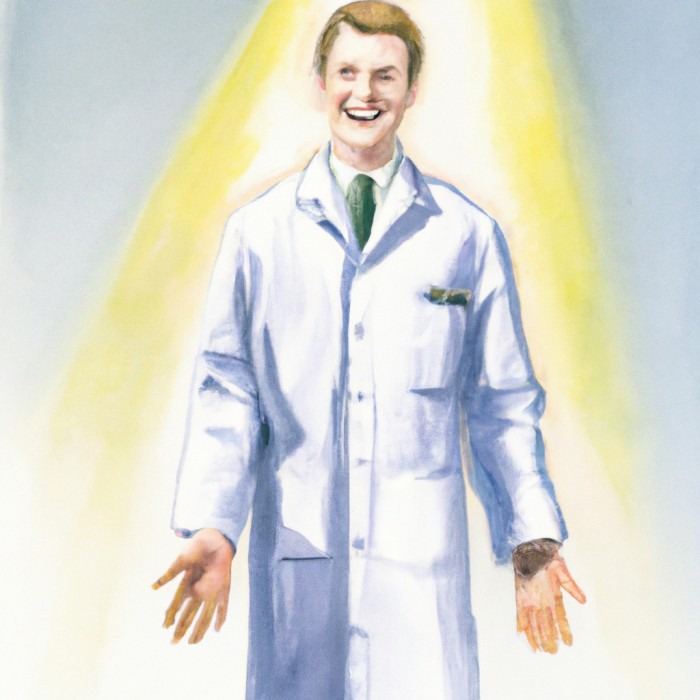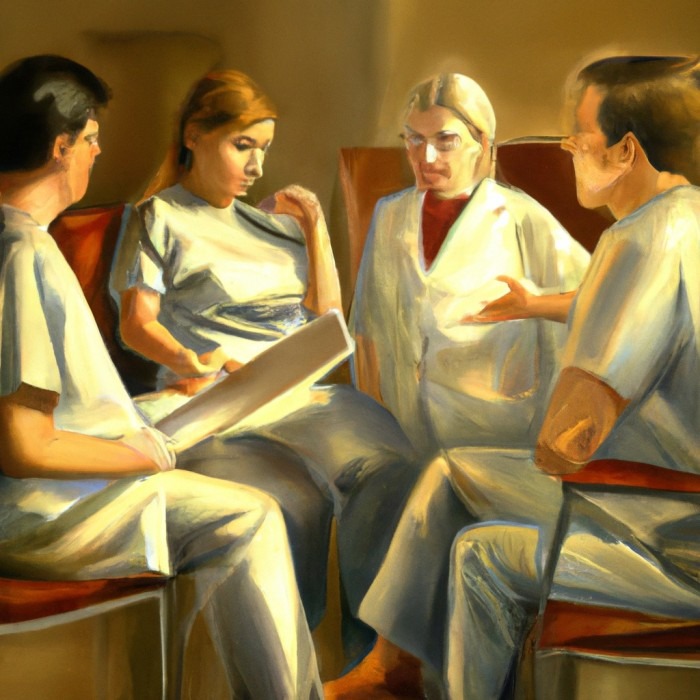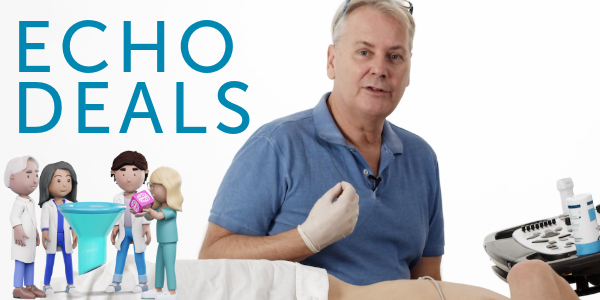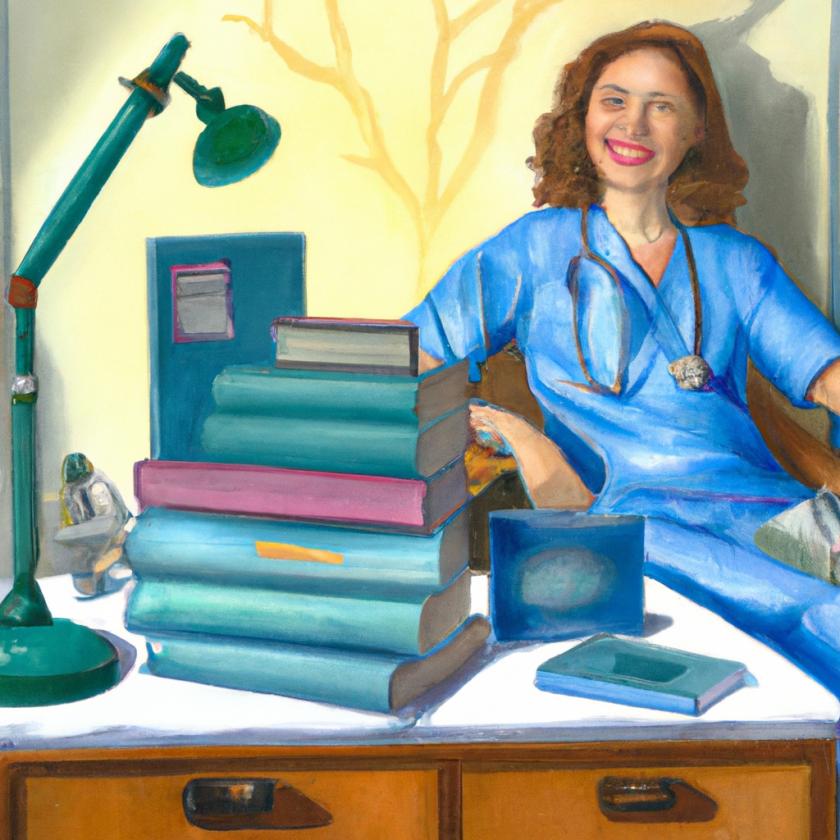How to show what you know – 6 tips that will allow you to shine as a doctor
There is hardly a profession where knowledge is more important for reputation and career than in the medical field. At least, this is what doctors believe. A 2018 survey conducted by Medscape found that 85% of doctors thought that their knowledge and expertise were the most important factors in determining their career success. Another study by the American Medical Association (AMA) in 2020 found that 90% of doctors believed their knowledge and skills were critical to their professional success.
But is this always true? Yes and no. Lifelong learning and knowledge is important. This is the reason I started 123sonography. But it is not the only factor that determines success. I can give you numerous examples of colleagues, who I consider mediocre, who still made a stellar career. And vice versa, I know many bright doctors who never made it to the top.
How does this fit together? Simple, it is not only about the sheer amount of knowledge but also how you convey and use your knowledge. And ultimately also, how you "brand yourself."
So, are you ready for six tips to help convey that you are competent and skilled?
1) Avoid out-shining your supervisors
A well-founded medical discourse is important to our professionalism, but embarrassing your boss (or coworkers) in front of others (for example, during rounds) does not make sense. As obvious as it seems, I've seen it happen! It doesn't mean you need to swallow everything your superiors say.

We are far from the former times when "eminence-based medicine" was practiced. But what you will harvest if you embarrass them is opposition. And guess what? The more someone dislikes you, the less they will trust your knowledge. Ultimately you will achieve just the opposite.
2) Don't ask questions to shine
I remember a colleague who was fairly new to cardiology and echocardiography specifically. Every day he would come to the lab as an observer to bombard me and everyone else in the laboratory with questions. They were not questions but scientific excerpts that ended up in completely irrelevant, highly complex comments. He was preparing himself for these appearances and only wanted to show how much he knew. What he achieved was just the opposite. Asking questions demonstrates interest. But ask what you want to know and don’t brag.
3) Don't fake it
One of the best ways to tell that you have achieved competence is if colleagues ask you for your opinion on a case or medical issue. The reason they come to you is not only because you have experience and knowledge but also because they trust you. So don't fake that you have the answer if you don't.

Be honest. Often the case discussion is more valuable than a simple, straightforward answer. You should research the issue and get back later. By the way, this principle holds in any form of medical discussion. We often have a wrong perception and believe that others can't tell we don't have a clue.
4) Focus your knowledge
You have the option to know little of much or much of little. It is all a question of how much you specialize. Of course, how broad or specialized your knowledge needs to be strongly depends on your work setting. But even if you work as a family physician or general internist, there is always room to find an area where you can specialize. This will not only allow you to shine, but it is also very rewarding. You become the one with core competence – an expert – and you will be the one others ask.
5) Don't shy away from presentations
I can't mention often enough how much I hated to present at the beginning of my career. I was afraid and intimidated by crowds and extremely nervous when I had to present. So I rarely volunteered. But working in a university setting, I had to present my research and teach others. So, I was eventually pushed along this path. In hindsight, learning presentation skills was one of the most important factors in my career (second only to learning ultrasound). True, the beginnings weren't easy, and even now, there is room for improvement, but as with any skill, over time, one gets better.

Eventually, it allowed me to display competence, improve my rhetorics and body language, and reach an audience. So, learn how to present and use the many resources – books, courses, and videos are out there. But also use the feedback of your friends and colleagues. Ultimately, you should present yourself in such a way that others perceive you as competent.
6) Put your knowledge to work
You will need more than the sheer quantity of knowledge you possess to make you competent. It is more important how you use this knowledge. For example, while understanding detailed biochemical pathways might be relevant if you work in research, this knowledge is not helpful when you are required to solve clinical problems. Sometimes you must distill the knowledge to the essence of things to make decisions.

In my career, I encountered many scientists and clinicians who could have been better decision-makers. I often thought that their vast knowledge was an obstacle that prevented them from concluding. They would also be the ones who ordered more tests than others. Ultimately despite their knowledge, others would perceive them as less competent. The bottom line is: Let go of too much knowledge.
A final tip: Your career is not a sprint but a marathon. So be patient. You must constantly adapt your strategy, look for opportunities, and fit them into your general life plan. But it is not only about getting to the top (and staying there) but also about happiness, work-life balance, and contentment.
So far, we have only discussed "knowledge" and how to make it visible. But what about practical skills? How can you get better at these? This is exactly the topic of my next blog post, so make sure to tune in!
Thomas Binder
In case you missed my previous tips, check them out here:


